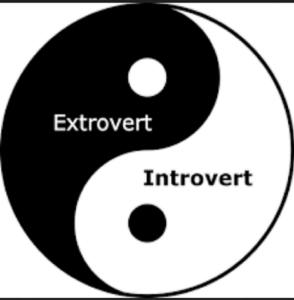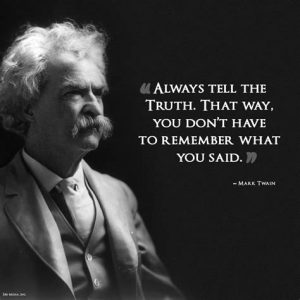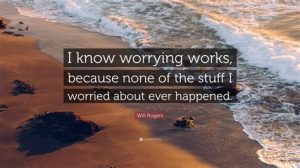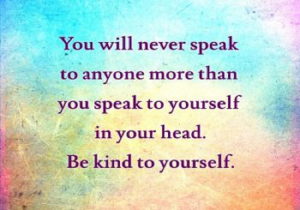
There are (at least) two major qualities from our ancient past that cause us considerable trouble. Taking conscious control of them and training and updating ourselves for our present environment can make a big difference in our quality of life.
One of these is our attraction to high calorie foods. Starvation and famine were dire threats for our hunter gatherer forebears. Finding enough food was always the mission – and discovering a trove of high calorie foods was generally a cause for celebration and feasting.
When our ancestors came across the wilderness equivalent of a bakery, the best option for their survival was to eat as much as they possibly could.
So today, when high-calorie/low-nutrition snacks are everywhere and inexpensive, our inner hunter gatherer leads us to want to eat as much as we can.
That our rate of obesity and corresponding health hazards such as heart disease and diabetes are through the roof is one consequence of our incredible prosperity. This is not some moral failing or lack of character; we’re doing what our successful forebears selected for us. What worked well for our ancestors is killing us today.
Our challenge is to adapt to our abundance by consciously and purposefully resetting our habits from hunter-gatherer auto-pilot eating, and toward deliberate habits that include knowledge of how our current meals will affect our future health and well-being.
The other leftover from our ancient past is our strong bias toward negativity.
For our hunter-gatherer forebears, their natural inclination when assessing their environment was to be pessimistic and vigilant. They scanned for danger in a way that kept every one of our ancestors from being eaten, poisoned, murdered, drowned, crushed… or otherwise mortally damaged.
Those that didn’t do this… are not our ancestors.
Those cheery optimists of the distant past who weren’t sufficiently on guard, continuously looking for whatever could go wrong… they may have had a very nice time for a short while, but they weren’t likely to survive for long.
This negative bias served us well for millennia, but in our much more peaceful, complex, and abundant world today, we’re better served by understanding this bias, and adapting to the new environment in which most of us, most of the time, now live.
The concrete consequence of this negative bias is that, as Roy Baumeister and John Tierney point out in their book, The Power of Bad, Negative experiences are about four times as strong for us as positive ones.
An easy way to experience this is with two simple questions posed by Amos Tversky to Steven Pinker:
Read More










Recent Comments